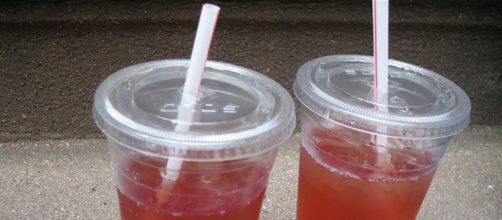BBC has taken the initiative to reduce dependence on single-use Plastic products like cups and cutlery from its operations. It has announced a three-step plan to phase out such items in order to save the environment and will begin with a certain range of items by 2019. The plan is to totally remove all single-use plastics by 2020.
Independent UK reports that plastic Pollution is a major problem to marine life. The magnitude of the problem can be understood from the fact that nearly seven million plastic cups are used every day in the UK, and plastic is non-biodegradable.
It remains for years and poses dangers to marine animals who treat them as edible substances and end up as carcasses.
Plastic litter on the beaches
The presence of plastic litter on the beaches has been highlighted by different agencies. According to the Marine Conservation Society, a large percentage of litter collected by volunteers include straws, cups and coffee stirrers. These are dangers to the environment and will be targeted first.
Some business houses and supermarkets in the UK have agreed to do away with single-use plastics. The Scottish Government is working on plans to get rid of cotton buds and straws, and actions of this nature would help to contain plastic pollution.
The action plan of BBC begins with the scrapping of throwaway plastic cups and cutlery.
Another option is to remove plastic containers from canteens. BBC will also interact with suppliers to introduce more changes to ensure gradual removal of single-use plastics from the scene.
Plastic pollution is a threat to marine life
People must be made aware of the perils of plastic pollution. The exact point of time paper bags went out of fashion and were replaced by plastic carry bags is lost in history. Similarly for soft drinks that switched from glass bottles to plastic ones. Along with these came the wide range of single-use plastics like throwaway cups, glasses, plates, and cutlery. These eased the workload for some but were dangers for the environment because they finally landed up in the oceans to endanger marine life.
According to Greenpeace USA, nearly 12 million metric tons of plastic enter our ocean each year. Unless this trend is arrested, a time might come when there will be more plastics than fish in the world’s oceans.
The Sun UK adds that the amount of plastic in our oceans is killing wildlife and damaging habitats, and experts have cautioned that there could be more plastic in the oceans compared to fish by 2050.


